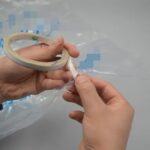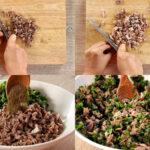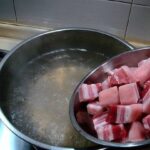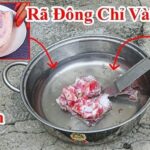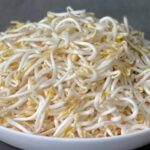According to the Health & Life newspaper, Assoc. Prof. Dr. Nguyen Duy Thinh, former lecturer at the Institute of Biotechnology and Food Technology, Hanoi University of Technology, said that currently, Vietnam mainly uses recycled plastic bags, which pose a high risk of lead and cadmium exposure to users.
There are two types of plastic bags:
The first type is made from 100% virgin PV and PP plastic resin derived from pure crude oil, which is safe for human use.
The second type, which is more common, is recycled from various used plastic products, including paint buckets and toilet cleaners. The manual plastic recycling process can absorb heavy metals such as cadmium and lead, leading to potential health risks.
Use plastic bags safely with these tips:
1. Choose safe plastic bags: Opt for bags made from virgin plastics with food safety certification. Avoid colored bags or those made from recycled materials as they may contain harmful chemicals.
2. Don’t use plastic bags for hot food: High temperatures can cause plastic bags to release toxins into the food. Instead, use specialized bags or safe containers for hot food.
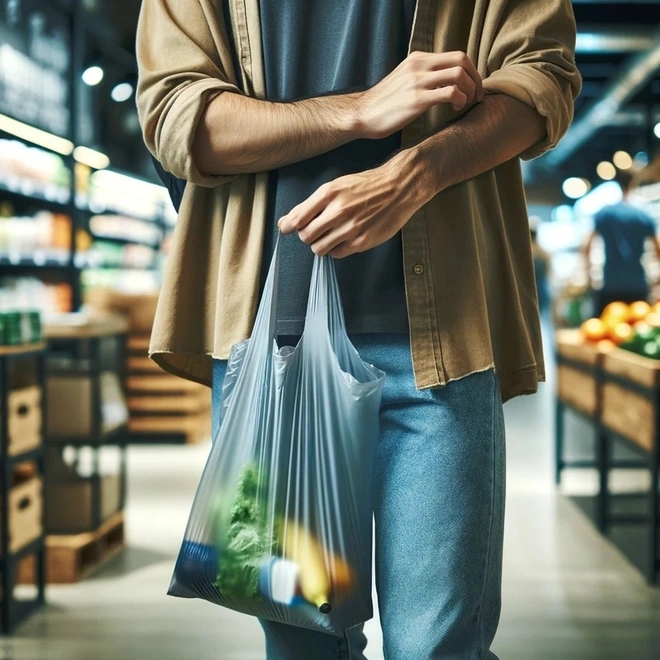
3. Avoid using plastic bags for long-term food storage: For long-term storage, opt for glass, plastic containers, or vacuum bags.
4. Don’t use torn or old plastic bags: Old or torn bags may deform and release toxins.
5. Don’t reuse plastic bags for other purposes: Used plastic bags, especially those that held raw food, may be contaminated and should not be reused for other food items.
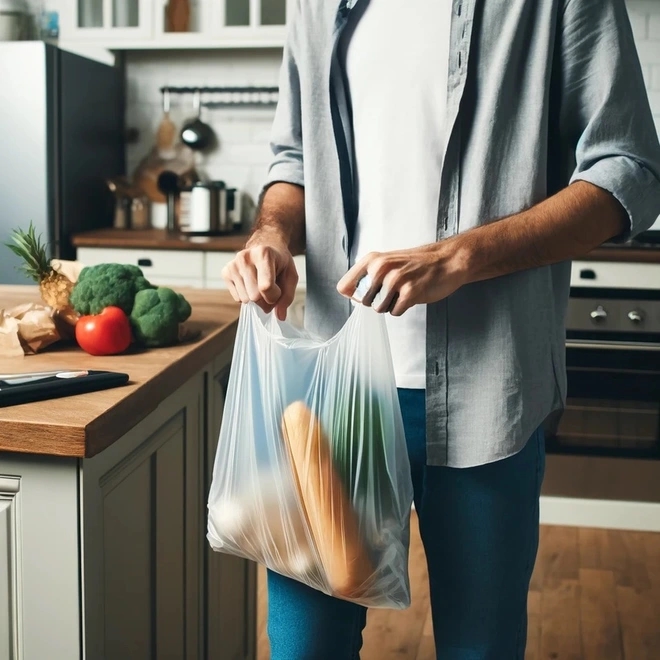
6. Store plastic bags properly: Keep them in a cool, dry place, away from direct sunlight and high temperatures.
7. Opt for environmentally friendly bags: Instead of plastic bags, consider using bags made from natural materials such as cloth, paper, or biodegradable bags.
Source: Nguoi Dua Tin
“The Ultimate Guide to Beetroot Pork Blood Soup: A Delicious, Healthy, and Skin-Glowing Treat”
Introducing a delicious and healthy twist on a traditional favorite – say goodbye to your worries about food hygiene and hello to a mouthwatering treat. We’re spilling the beans on how to make a mouth-watering twist on the classic Vietnamese dish, using beetroot as a star ingredient. This recipe is not only a tasty treat but also a beauty boost for your skin.
The Perfect Pork: How to Boil Meat Without the Toxins.
“Washing raw meat is a controversial practice. When hot water is applied to unwashed meat, the outer layers of muscle fibers contract, trapping any impurities within. This results in a potentially harmful absorption of contaminants back into the meat. Therefore, it is always advisable to thoroughly clean meat prior to cooking to ensure the meat’s surface doesn’t reabsorb any unwanted elements.”
























